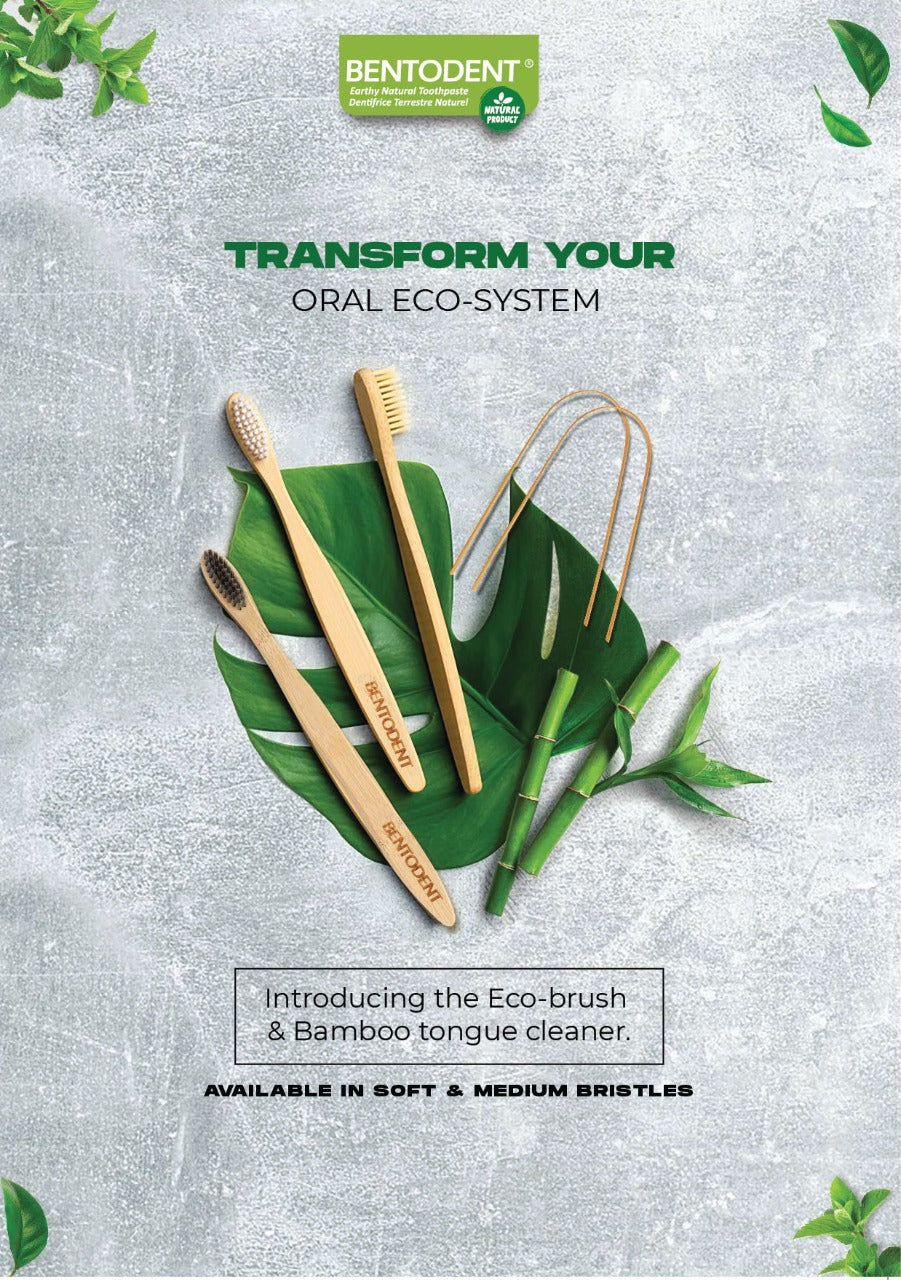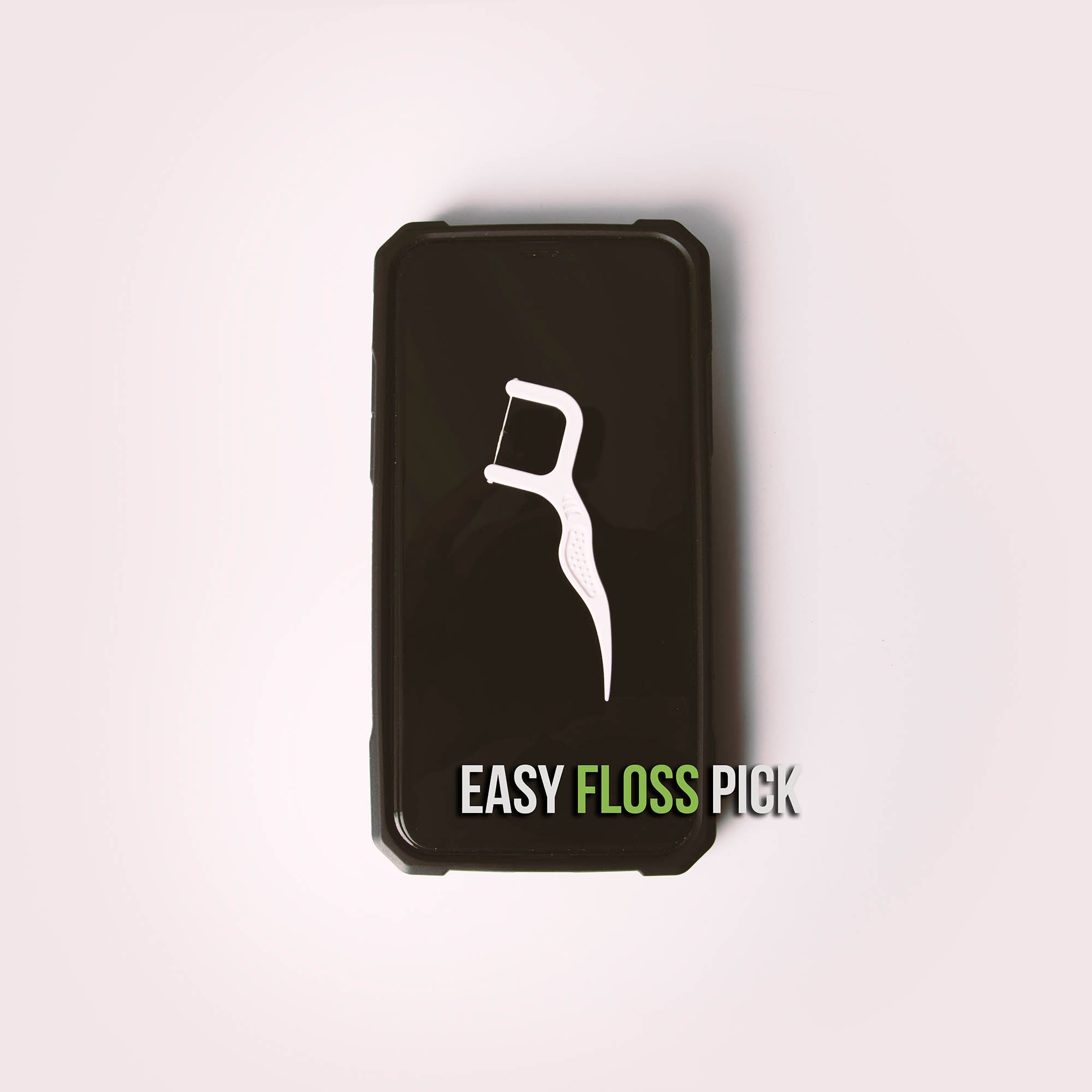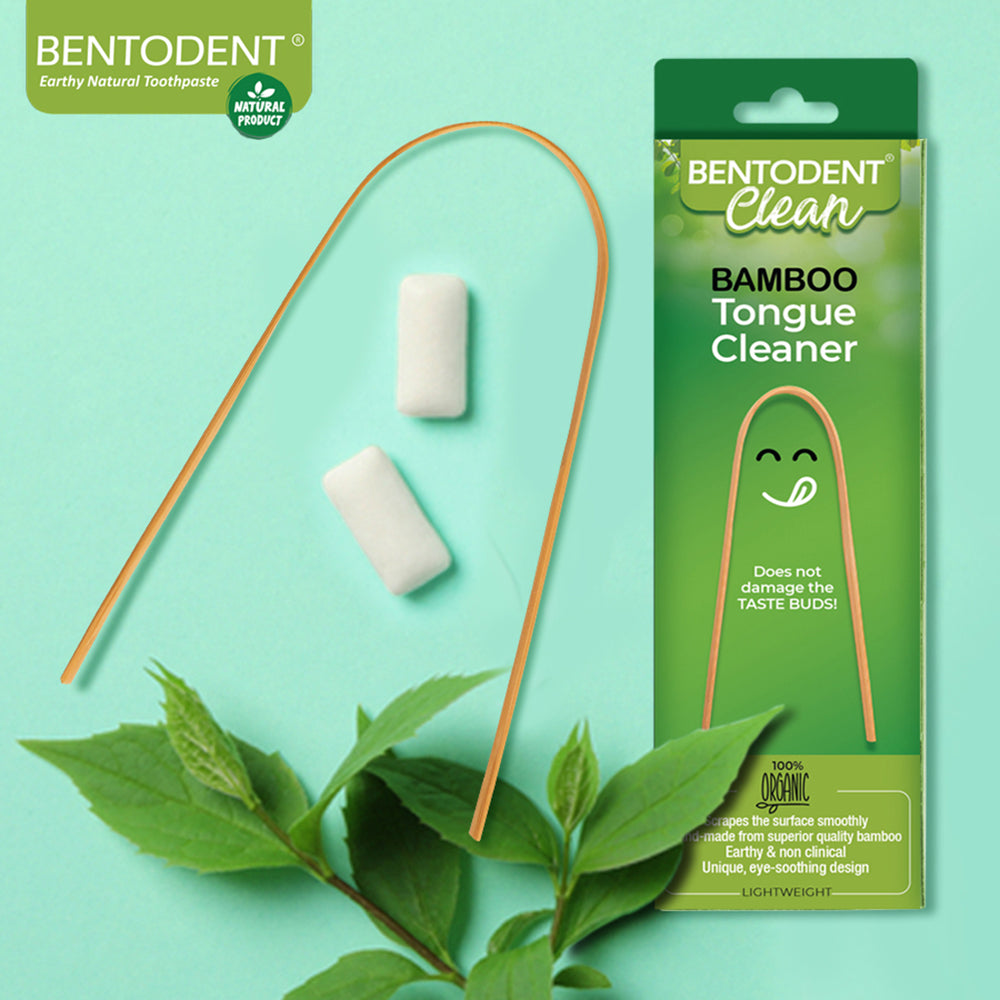
What is the Ideal Oral Care Regime?
What is the Ideal Oral Care Regime?
Your oral health is more important than you might realize.
Did you know that your oral health offers clues about your overall health — or that problems in your mouth can affect the rest of your body?
Like other areas of the body, your mouth teems with bacteria — mostly harmless. But your mouth is the entry point to your digestive and respiratory tracts, and some of these bacteria can cause disease.
Normally the body's natural defences and good oral health care, such as daily brushing and flossing, keep bacteria under control. However, without proper oral hygiene, bacteria can reach levels that might lead to oral infections, such as tooth decay and gum disease.
So What are proper steps for Oral Care?
Everyone is different. And everyone’s routine will be a bit different, too, depending on their age, occupation, diet, and other factors. Certain aspects of oral hygiene, however, are universal: daily care, routine professional check-ups and cleanings, a healthy diet with few sugary drinks or sweets, and drinking water with fluoride. Some of this you can do at home, so here’s a basic program that will help you start a healthful oral routine.
- Brush your teeth with a good Toothpaste
Brush your teeth for 2 minutes and not just swipe, spending an equal amount of time (30 seconds) in each quadrant of your mouth
Hold your brush at a 45-degree angle pointed towards the gums
Brush all the surfaces of your teeth (the sides and the chewing surface on top)
Brush your teeth twice a day
Use a good FDA approved toothpaste preferably a good natural toothpaste. Bentodent Toothpaste is the ideal one. It is an all-natural toothpaste powered with Bentonite clay which not only Detoxifies and cleanses but even helps in remineralization of the teeth.
- Floss
Floss all your teeth at least once a day, preferably at night before you go to bed. If you floss at the time when you brush, you’ll want to floss first. Flossing drags out particles of food that hide between teeth and helps loosen plaque so brushing can be more effective.
Flossing may be tedious and somewhat unpleasant, but it plays a vitally important role in your oral health routine. Bentodent floss picks a viable alternative if you dislike using traditional dental floss. The great benefit of floss picks is that they’re easier to hold, especially for people who have arthritis or dexterity problems. They also don’t require the user to frequently wind and unwind sections of floss, and they may be easier to maneuver when flossing teeth in the back of the mouth.
- Clean your Tongue
Should You brush your tongue?
Cleaning your tongue is important to keep those bad bacteria, as well as food debris and dead cells that may accumulate there, from causing trouble.
- If you’re using Bentodent toothbrush—put a little bit of Bentodent toothpaste on your toothbrush and brush your tongue in circular motions. Clean as much of the tongue as you can without gagging and rinse your mouth.
If you’re using Bentodent Clean x3 floss picks — gently use the string part of the flosser to scrape and clean your tongue. Finish by rinsing your mouth.
- If you’re using Bentodent tongue scrapper—take both ends of the scrapper in each hand and use the middle to gently scrape and clean your tongue. Rinse your mouth when you’re done.
- Is Mouthwash Necessary? Do Rinse your mouth with a good alcohol free Mouthwash.
Additional Oral Hygiene Tips:
- Visit your dentist regularly for check-ups and cleanings
- Examine your mouth during your oral hygiene routine to make sure there are no abnormalities
- Eat a healthy, balanced diet
How do you know if you have good oral health?
Although you’ll never truly know if you have good oral health until you see your dentist for a check-up, here are some factors that may indicate that you have good oral health:
- Your gums are pink and do not get sore or bleed when you brush or floss your teeth
- Your teeth feel clean and not “fuzzy”
- You don’t constantly have bad breath
One key factor to having a good oral hygiene routine is understanding what your oral needs are. During your next check-up or cleaning appointment, ask your dentist if there is anything you should pay extra attention to during your oral hygiene routine.














